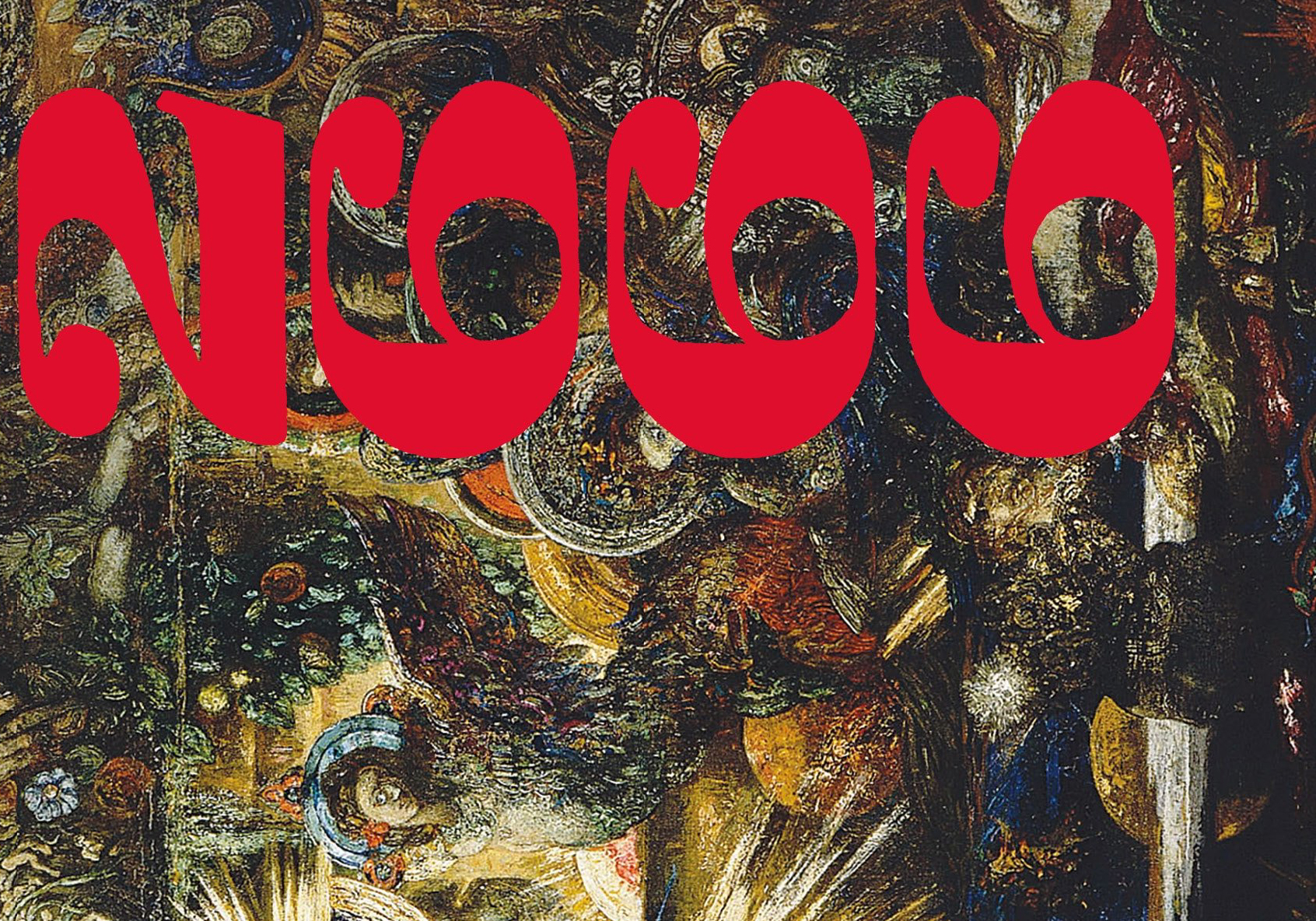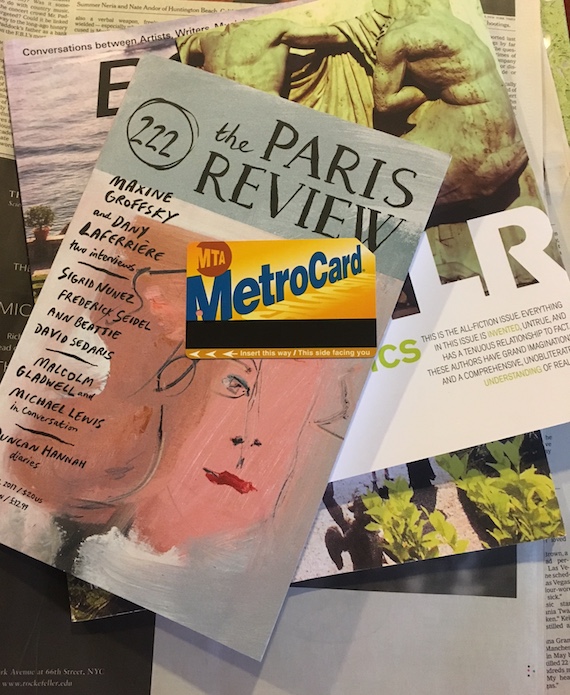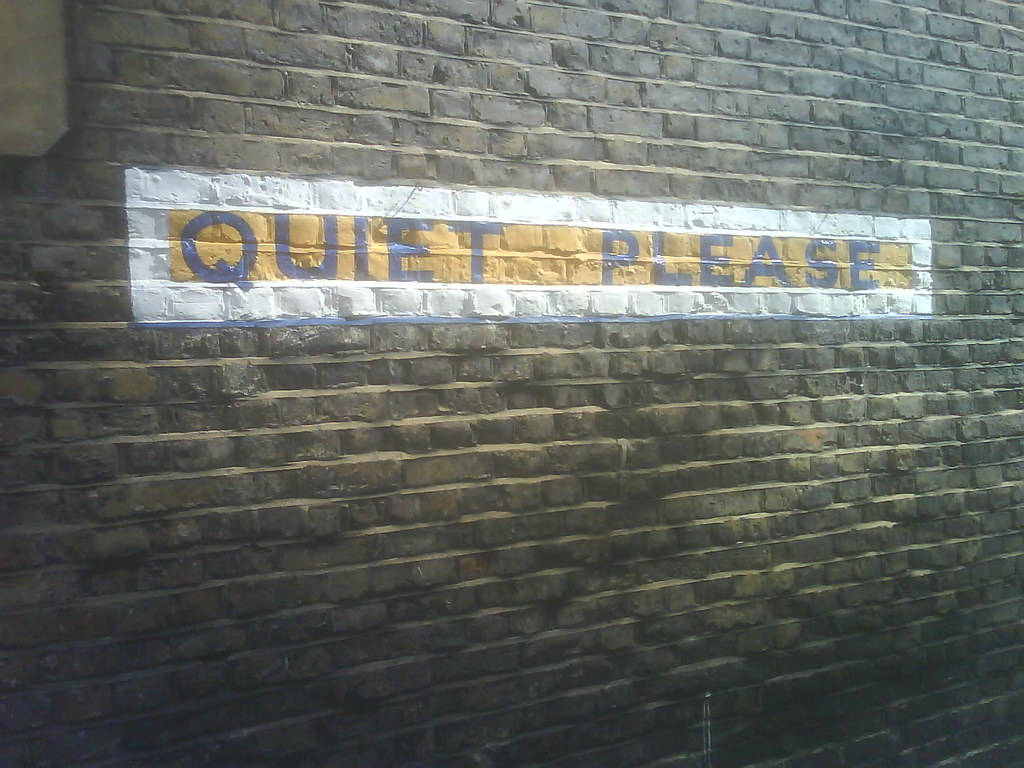 On the eve of the release of the final Harry Potter, I offer Millions readers a few brief intuitions – alas, grounded more in literary convention than in second sight – about the events to come in The Deathly Hallows.
On the eve of the release of the final Harry Potter, I offer Millions readers a few brief intuitions – alas, grounded more in literary convention than in second sight – about the events to come in The Deathly Hallows.
My chief intuition, based largely on the over-determined association of Dumbledore with the phoenix throughout the series, is that everyone’s favorite headmaster is not dead (X-Men, anyone?). Recall that Harry “thinks he sees” a phoenix emerge from the smoke of Dumbledore’s funeral pyre. Based on this intuition, I also maintain that Snape is not, in fact, a Death Eater, and that he and Dumbledore staged a fake murder with Harry as witness. This will allow Snape to become more deeply embedded in Voldemort’s ranks. Dumbledore’s wisdom would be too seriously undermined if Snape really and truly betrayed him. Regardless of the rightness or wrongness of this particular tea-leaf vision, more must emerge about how Snape gained Dumbledore’s trust. This will be one of the central revelations of the new book.
Of lesser intuitions:
R.A.B., the initials on the note found in the locket that was supposed to be a horcrux, belong to Sirius’ brother, Regulus Black, whom we have heard vaguely was a follower of Voldemort and then attempted to leave the ranks of the Death Eaters, only to be killed by them for his betrayal. This may mean that Slytherin’s locket is concealed somewhere in the Black family house that Sirius left to Harry.
As to whether Hogwarts will remain open during this seventh year with Harry, I suspect that it will remain open in some capacity – if only as a larger and better fortified headquarters for the Order of the Phoenix and their allies.
I hope that, in the less than illustrious cooking-sherry-drinking tradition of Professor Trelawney, I am wrong about all of these things. I think The Deathly Hallows would be a better book for it.








